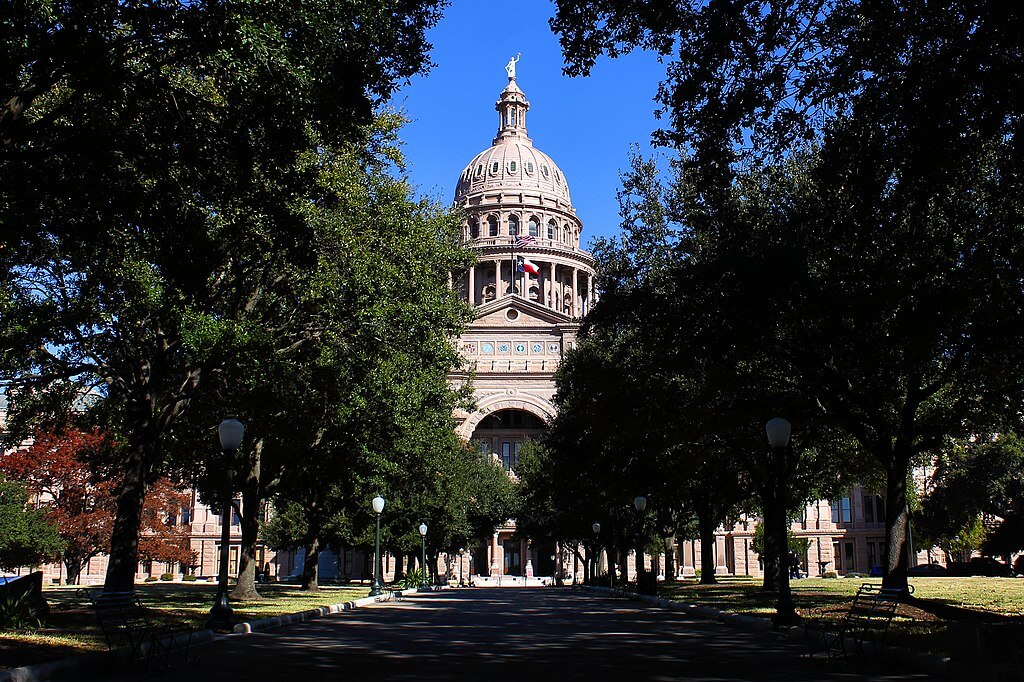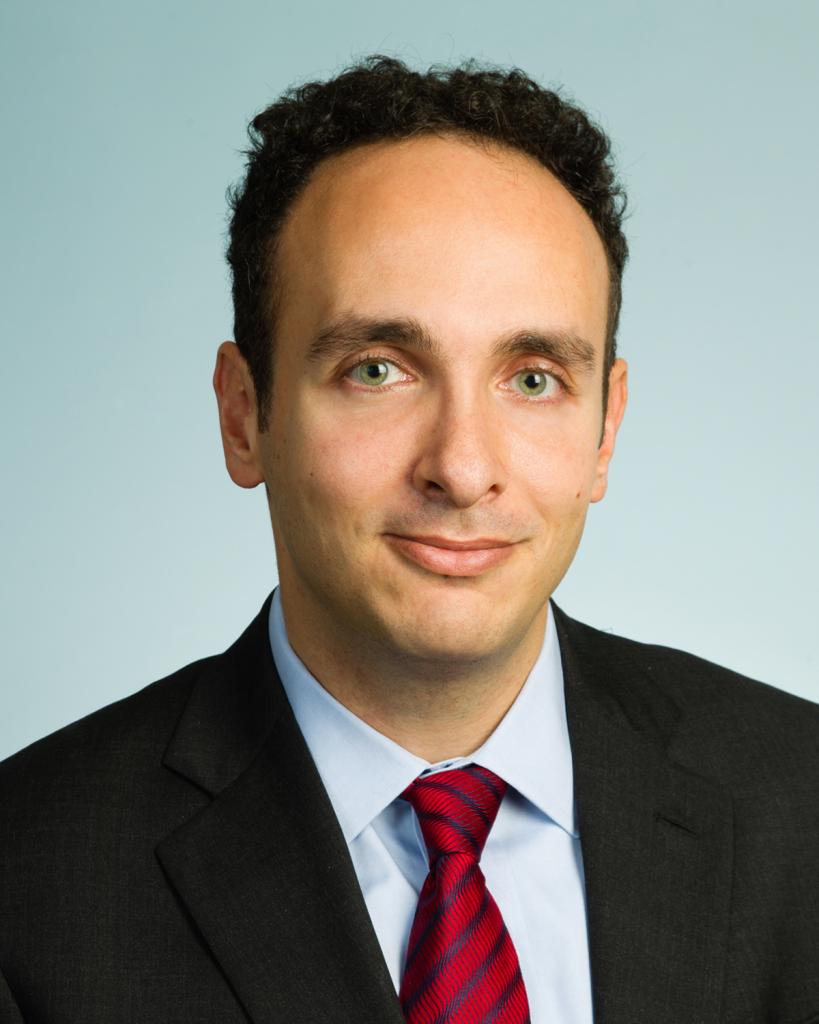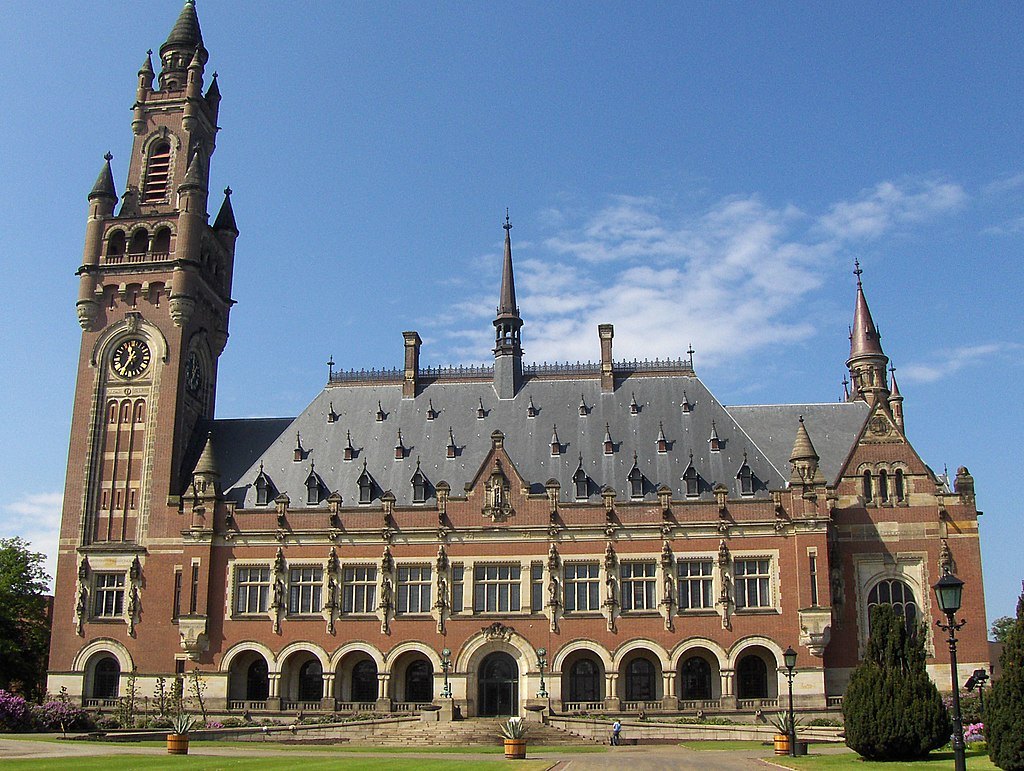State Legislatures Threaten Right to Anonymous Speech
Anti-anonymity bills from the past few months might have good intentions, but they threaten

Published by The Lawfare Institute
in Cooperation With

Free speech in the United States always has included anonymous speech. Thomas Paine signed Common Sense as “Written by an Englishman.” Alexander Hamilton, James Madison, and John Jay signed the Federalist Papers as Publius. And since the earliest days of the internet, sites such as Yahoo, Reddit, and Twitter have allowed users to post candid thoughts under many colorful pseudonyms.
In the past few months, the tradition of anonymous speech has faced threats from state legislatures nationwide. The bills might have good intentions—such as protecting children online or combating dirty politics—but they threaten the ability of people to communicate without providing their identities.
The most recent—and direct—threat comes from Florida. Senate Bill 1316, introduced in late February, requires any blogger who receives compensation for blogging about an elected state officer to register with the state Office of Legislative Services or Commission on Ethics within five days. Bloggers then must submit monthly reports to the state that disclose their compensation, funding sources, and dates of blog posts. Late reports would face fines of $25 a day, up to $2,500 for each report. The bill does not provide bloggers with the option of registering under a pseudonym.
The bill broadly defines “blog” as “a website or webpage that hosts any blogger and is frequently updated with opinion, commentary, or business content.” Although the bill excludes “the website of a newspaper or other similar publication,” it could include many online-only news organizations or citizen-bloggers who anonymously criticize state officials out of fear of retaliation. Even if this bill had been intended to apply to lobbyists who blog, “compensation” could include advertising revenues or subscription fees for even a semi-professional blogger.
If the bill becomes law (unlikely, given Florida governor Ron DeSantis’s opposition), it is difficult to imagine it surviving a First Amendment challenge. Last year, I published a book that documents the long-standing First Amendment protections for anonymous speech and association. The right originated in 1958, when the Supreme Court blocked Alabama state officials’ attempt to force the NAACP to disclose its membership lists.
Two years later, the Supreme Court extended this right to anonymous speech, striking down a Los Angeles ordinance that required pamphlets to include the names of their authors. “Anonymous pamphlets, leaflets, brochures and even books have played an important role in the progress of mankind,” Justice Hugo Black wrote. “Persecuted groups and sects from time to time throughout history have been able to criticize oppressive practices and laws either anonymously or not at all.”
Since then, the Court has reaffirmed the right to anonymity for campaign leaflets and door-to-door canvassing. “After reviewing the weight of the historical evidence, it seems that the Framers understood the First Amendment to protect an author’s right to express his thoughts on political candidates or issues in an anonymous fashion,” Justice Clarence Thomas wrote in a 1995 concurrence.
Courts have extended anonymity protections online, beginning in the internet’s early days when corporations sought to use subpoenas to unmask anonymous posters. Courts eventually developed rigorous tests for these subpoenas, allowing only plaintiffs with the strongest cases to obtain posters’ identifying information. “Anonymous internet speech in blogs or chat rooms in some instances can become the modern equivalent of political pamphleteering,” the Delaware Supreme Court wrote in 2005, rejecting a city council member’s attempt to unmask an anonymous critic.
The right to anonymous speech is not absolute. Although the Supreme Court requires rigorous scrutiny of any attempts to pierce anonymity, it has allowed some campaign finance disclosure laws. Even in the 2010 Citizens United opinion, which struck down limits on corporate campaign expenditures, the Court allowed requirements for disclosures about donors. It is hard to imagine that a court would allow similar reasoning to justify the Florida proposal. The bill goes far beyond transparency about campaign finance or lobbying, sweeping in any compensated blogger who does not work for a newspaper or similar publication. It would require the registration of the types of citizen-critics who have spoken anonymously since before the United States was founded.
Florida is not the only state where anonymity is in jeopardy. Last week, the Utah legislature passed the Utah Social Media Regulation Act, which requires social media platforms to obtain parental consent before allowing minors to use their services, and to provide parents with access to their children’s communications. The bill, which awaits the governor’s signature, would require social media platforms to “verify the age” of all users who are Utah residents. The bill charges the state’s Division of Consumer Protection with establishing “acceptable forms or methods of identification, which may not be limited to a valid identification card issued by a government entity.” Although the bill does not mandate particular documents such as drivers’ licenses, it is difficult to imagine how social media platforms could meet this requirement without a photo identification that includes the user’s name.
A bill that the Texas state House referred to committee last week takes an even more explicit approach toward compromising online anonymity. House Bill 896 would prohibit minors under age 18 from using social media. To determine the age of all users, the bill would require social media platforms to “verify the age of the account holder by requiring the account holder to provide a copy of the account holder’s driver ’s license along with a second photo showing both the account holder and the driver’s license in a manner that allows the social media company to verify the identity of the account holder.”
The restrictions on minors’ use of social media arise from legitimate concerns about the impacts of social media on teenagers’ self-image and mental health. But many of these concerns could be addressed via privacy laws that restrict the collection of teenagers’ personal information to target harmful content.
The Utah and Texas bills do not require users to post under their real names, and they contain limits on the use of age verification information. But requiring real-name registration for online speech threatens core First Amendment activities and thus is fundamentally different from the “know your customer” regime that requires financial institutions to verify their consumers’ identifying information. The compromise to anonymity occurs at the moment that the speaker is forced to provide identifying information. Even if the law requires the platform to restrict access to the data or promptly delete it, there is always a risk of insider misuse of the information or a data breach from an outside hacker.
Likewise, an authoritarian government seeking to punish dissenters could misuse this data. It is not surprising that China’s cybersecurity regulations contain a real-name registration requirement. Although the regulations characterize the requirement as “foreground voluntary name, background real name,” it is not difficult to imagine how the Chinese government could use that information to suppress dissent. A state government that is intent on persecuting dissidents also could misuse registration information.
All three bills, if signed into law, would face immediate constitutional challenges. Applying the decades of First Amendment anonymous speech precedent, a judge would have many reasons to strike down the laws. But it would be dangerous to assume such an outcome is certain and not pay attention to these bills. There is always the danger of a rogue trial court judge or a bench of appellate judges who choose to depart from precedent. Meanwhile, the internet would be thrown into great uncertainty. The Utah and Texas bills could cause social media platforms to begin collecting identifying information, and the Florida bill could unmask anyone who criticizes Florida’s elected leaders. Passage of any of the three bills would silence people who do not have the luxury of being able to associate their names with their words. Opponents of powerful government officials, workplace whistleblowers, and others would be shut out from speaking on the internet. Those who value the ability of people to speak anonymously and pseudonymously online need to take these proposals seriously.
The views expressed in this article are only the author’s and do not represent the Naval Academy, Defense Department, or Department of Navy.





